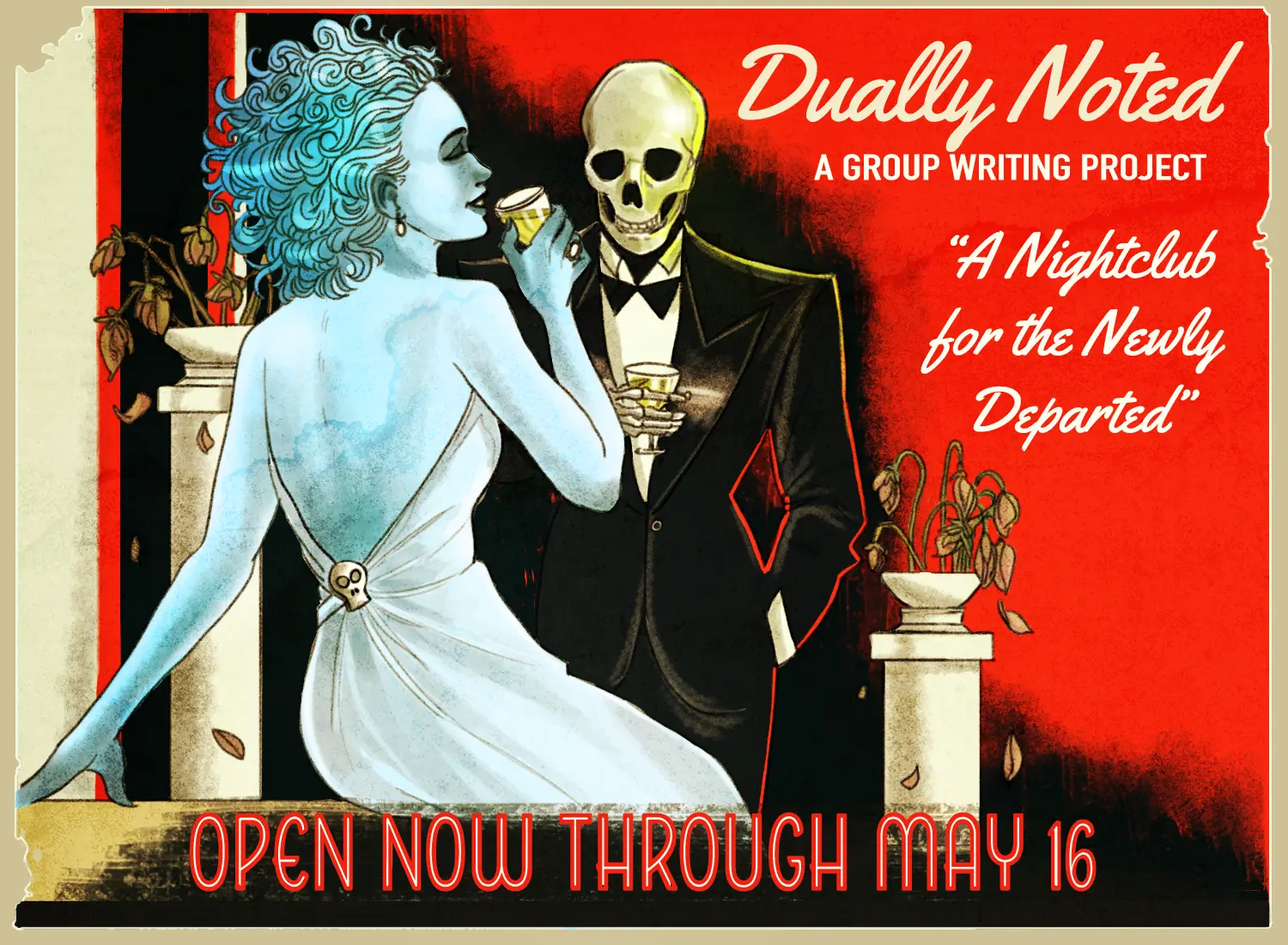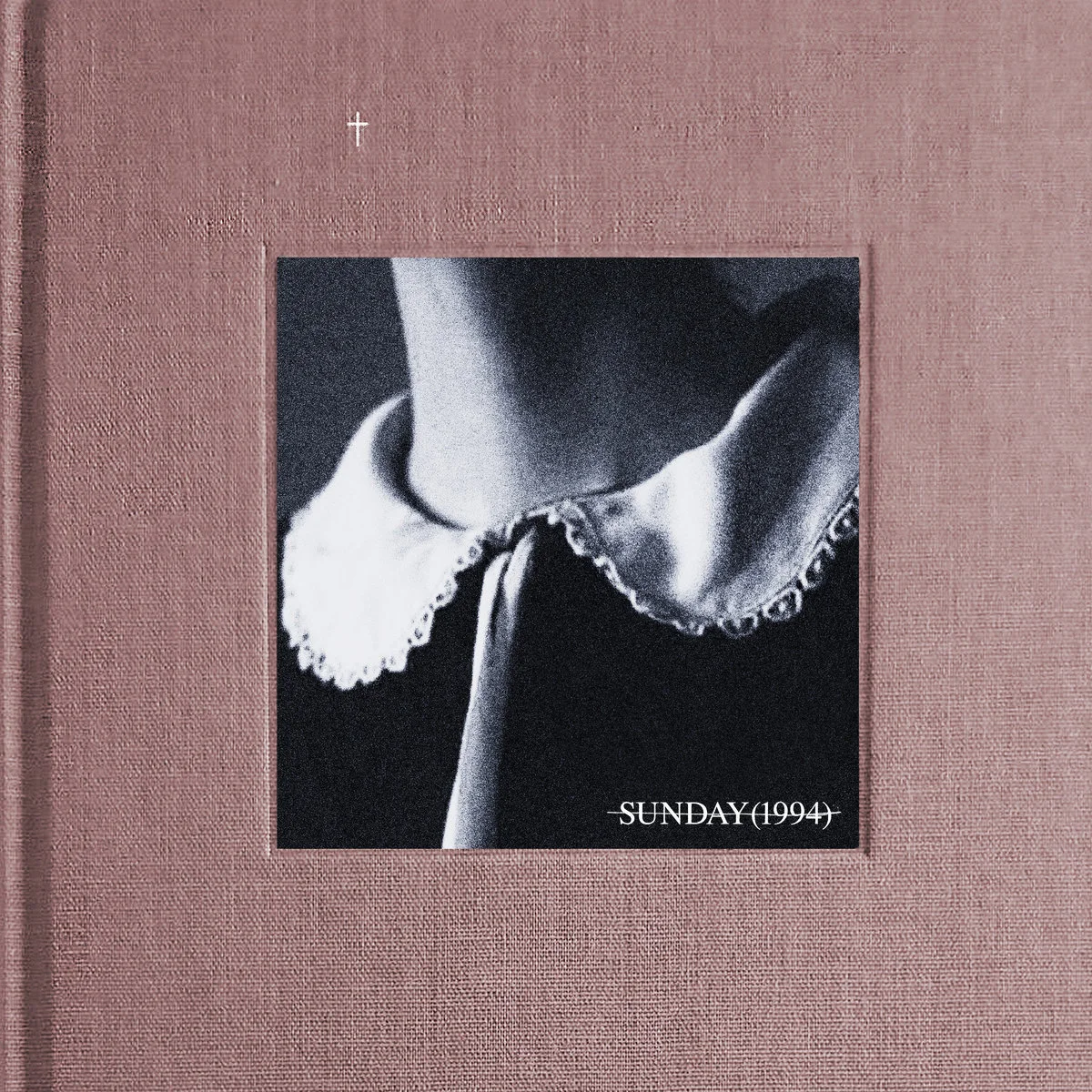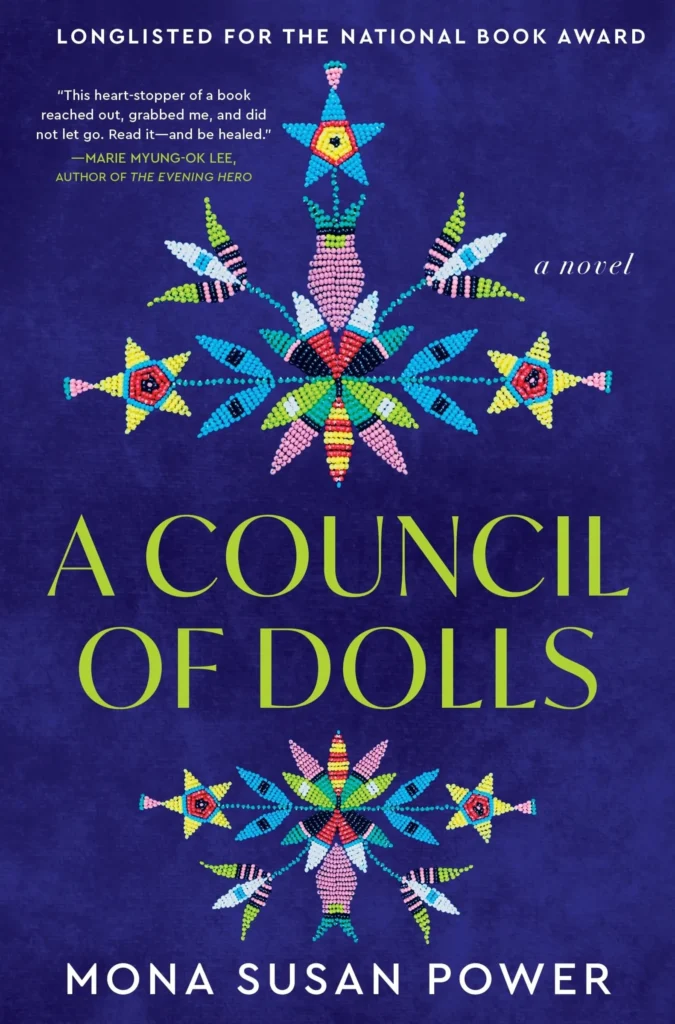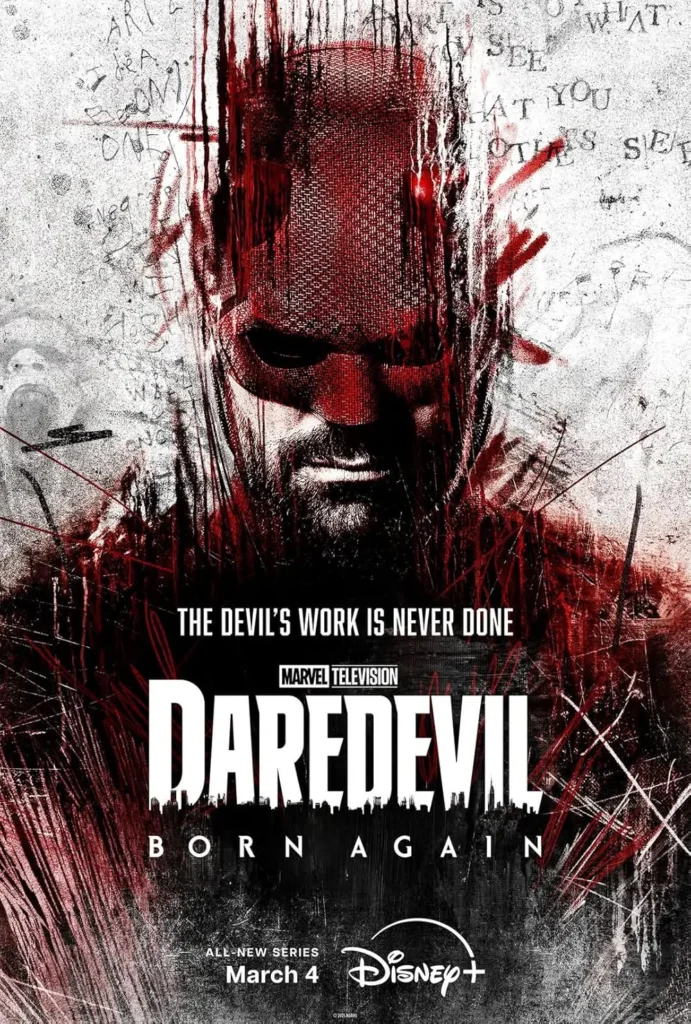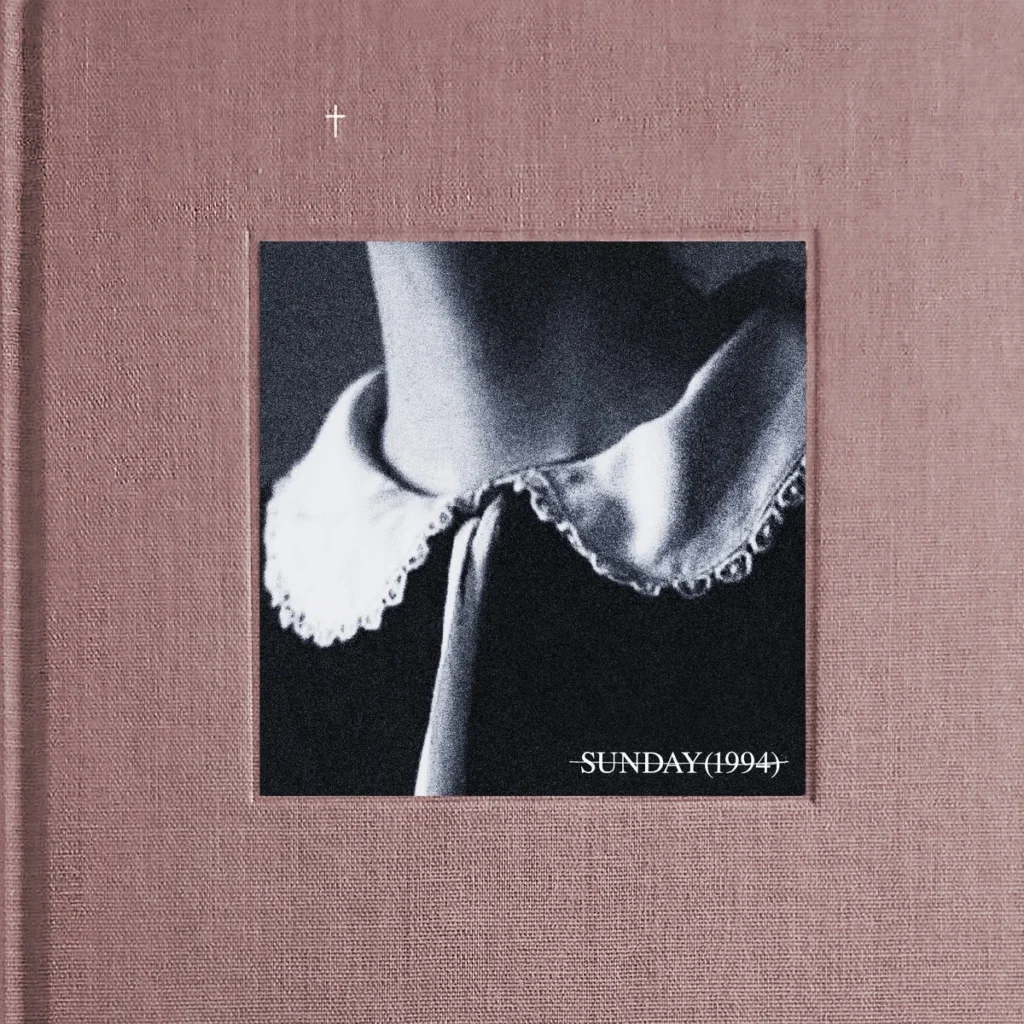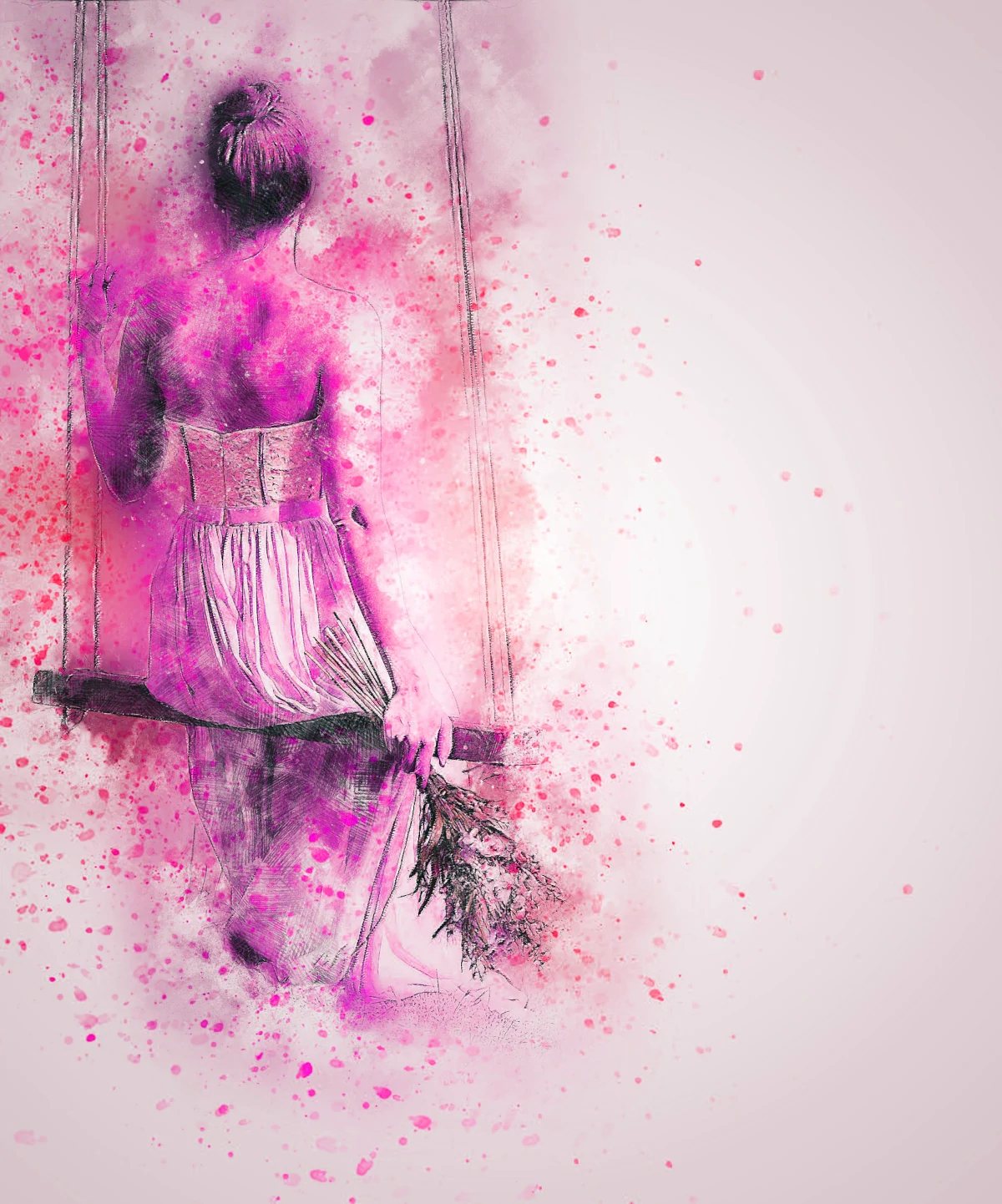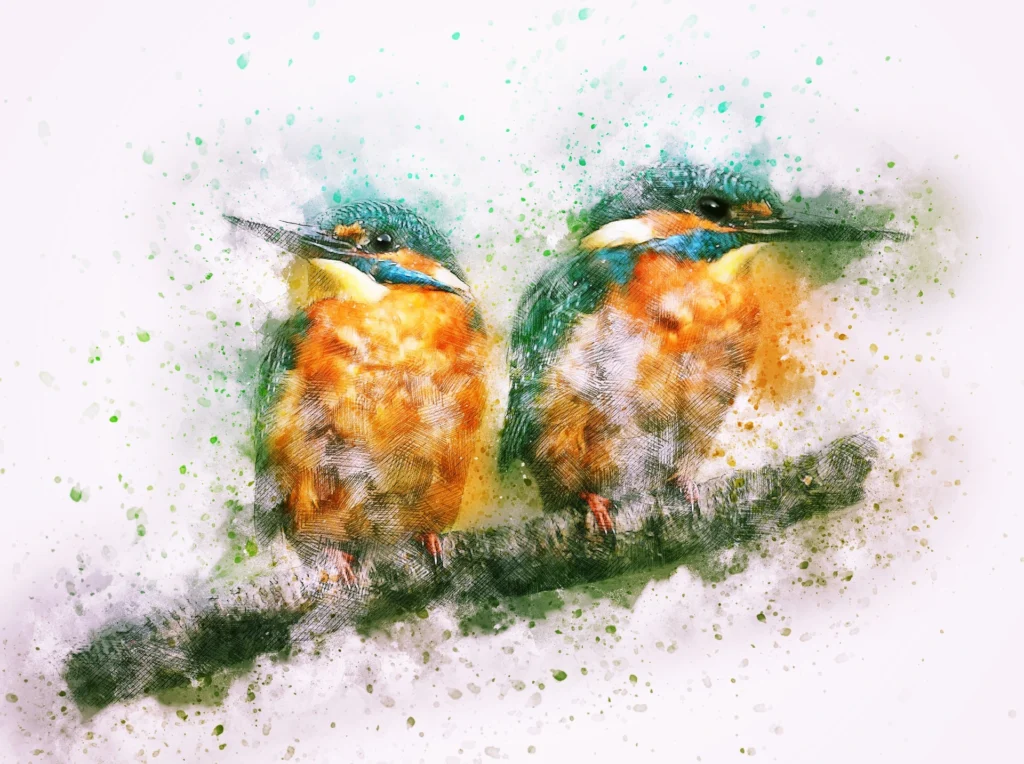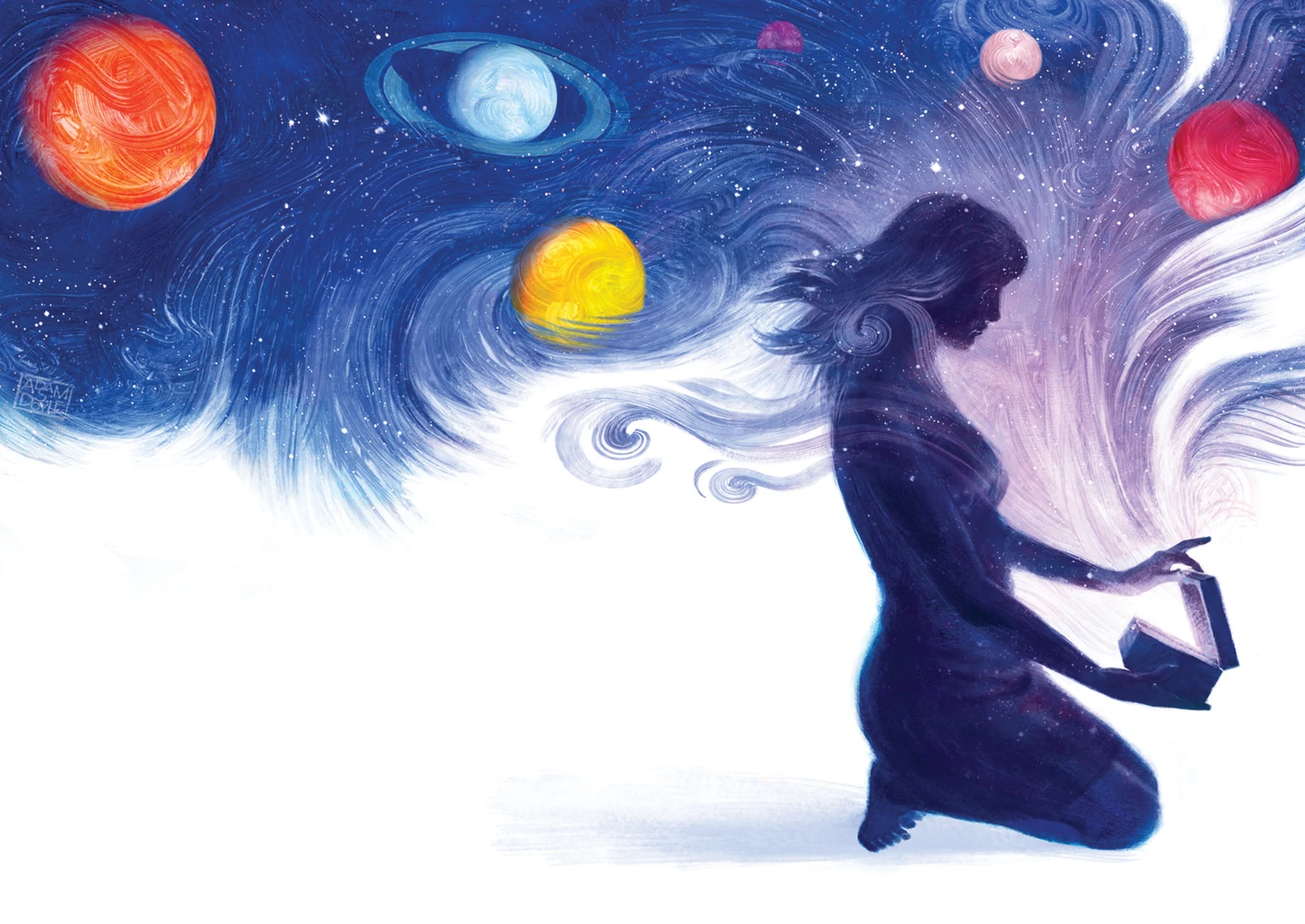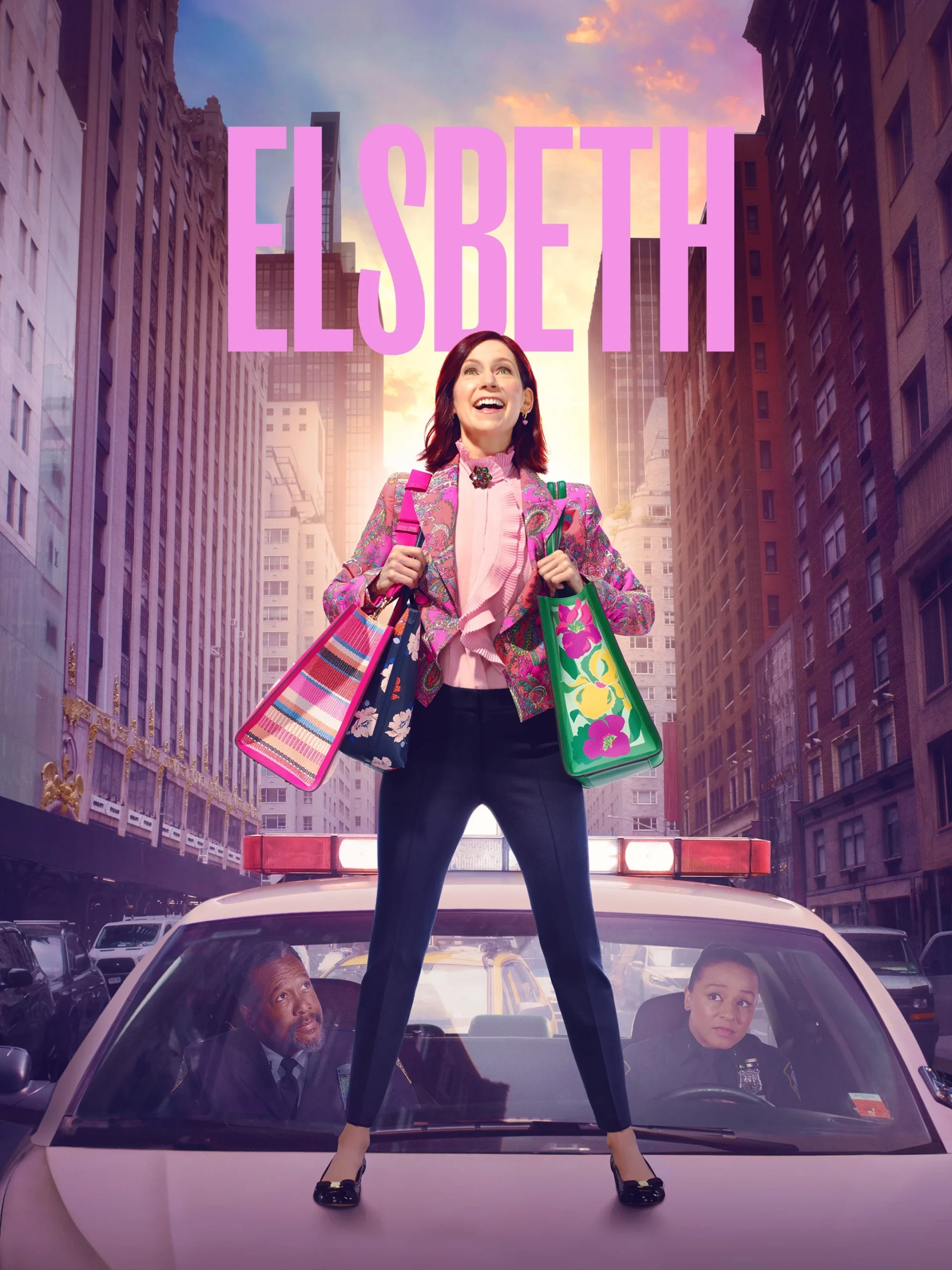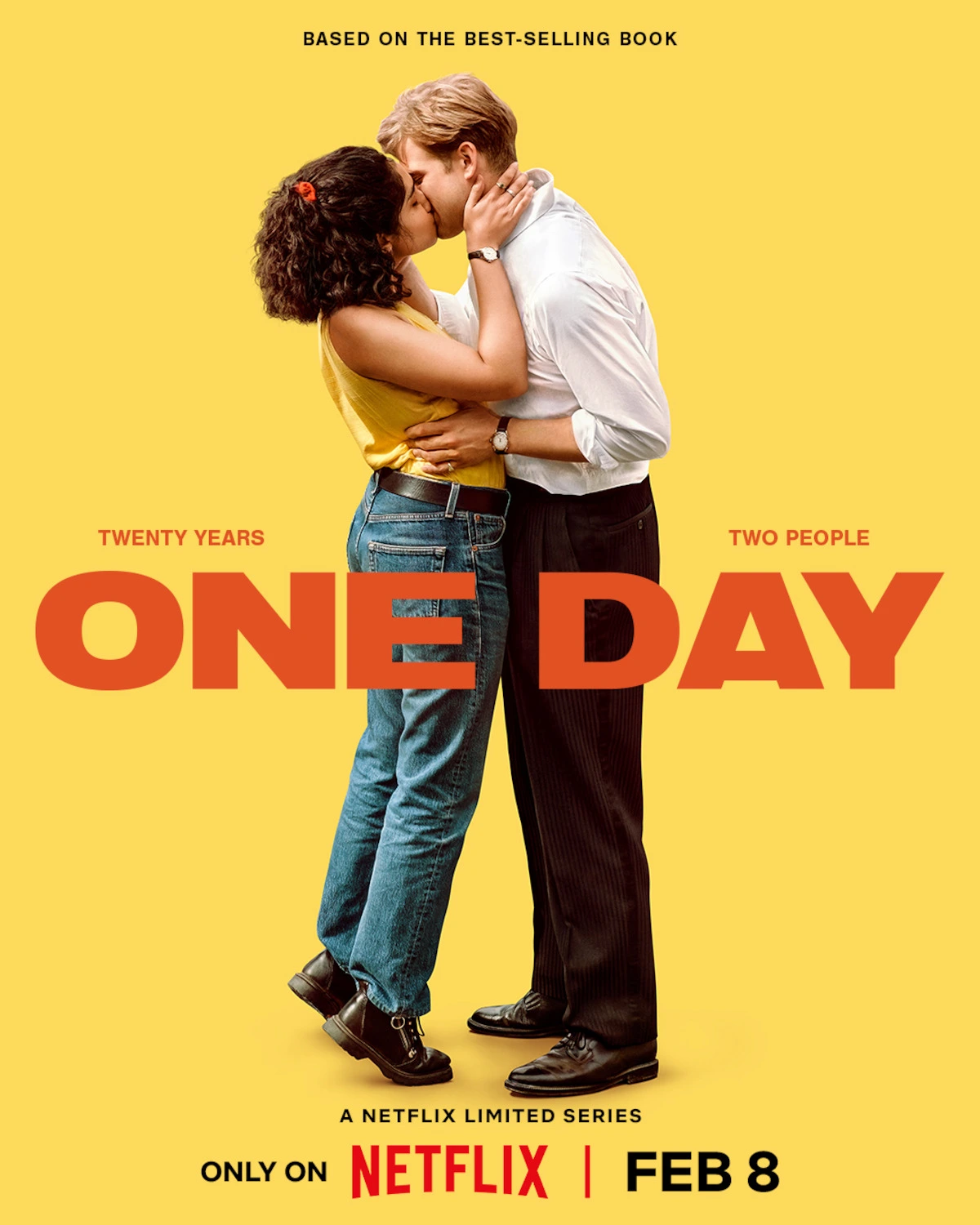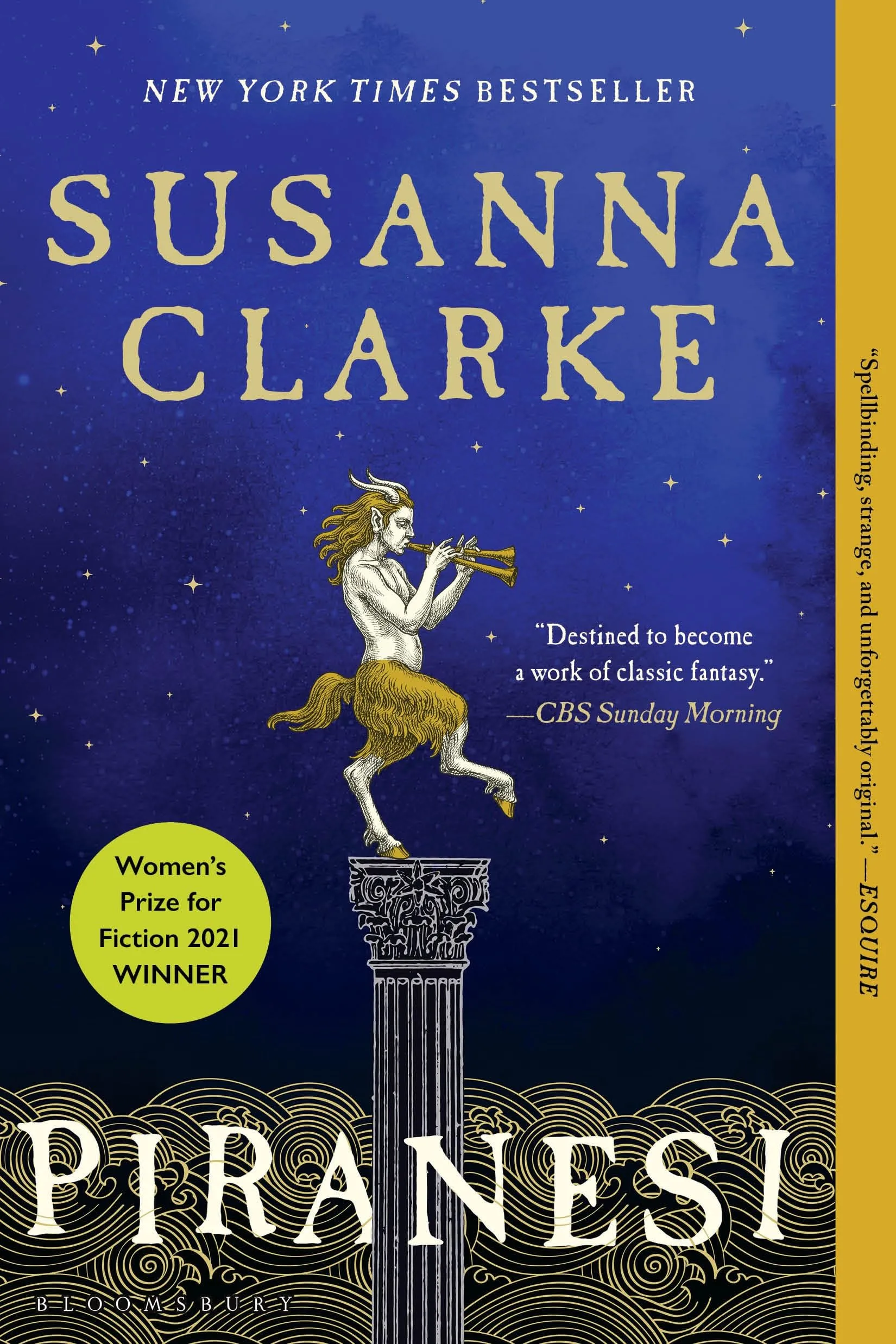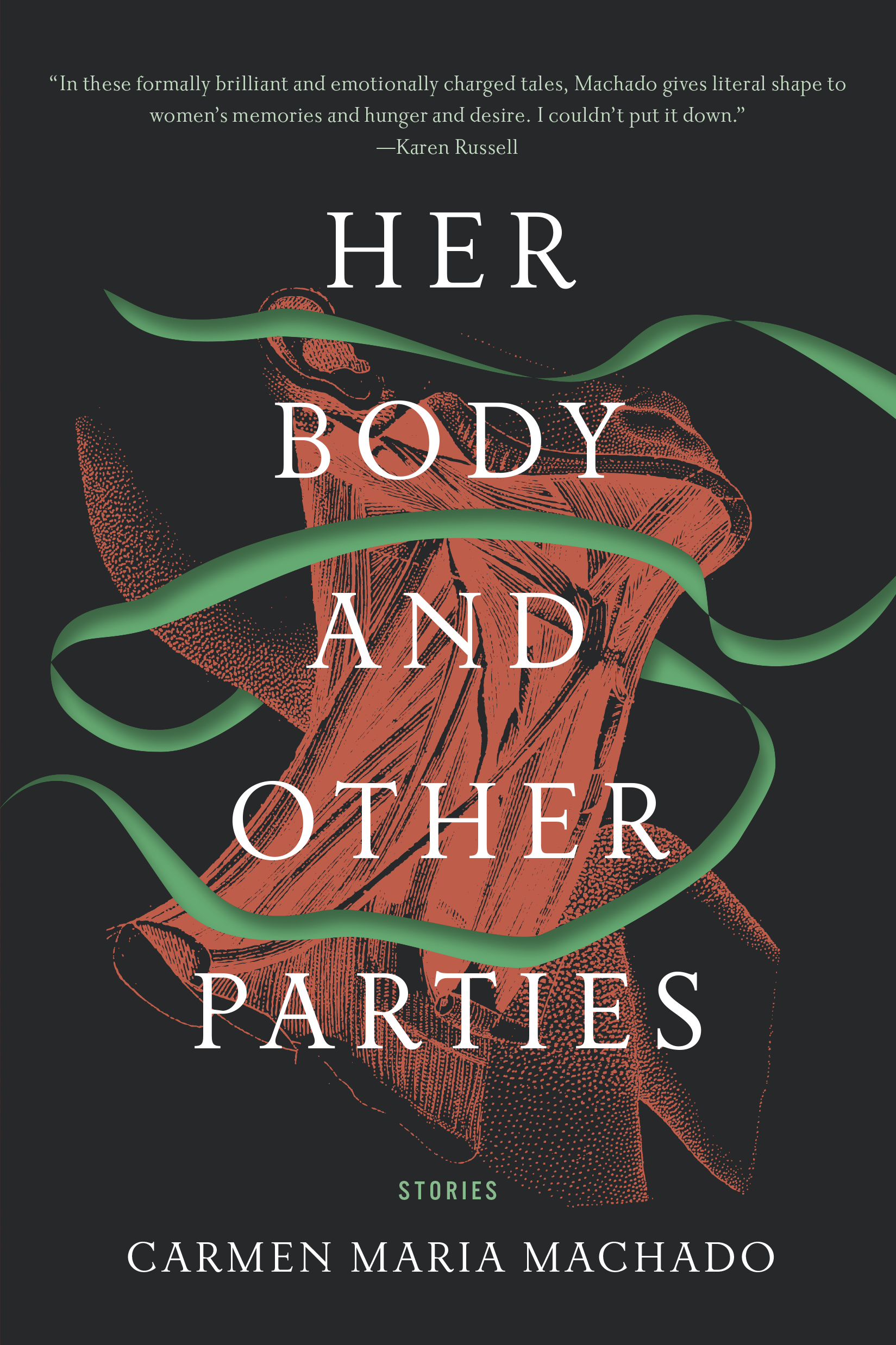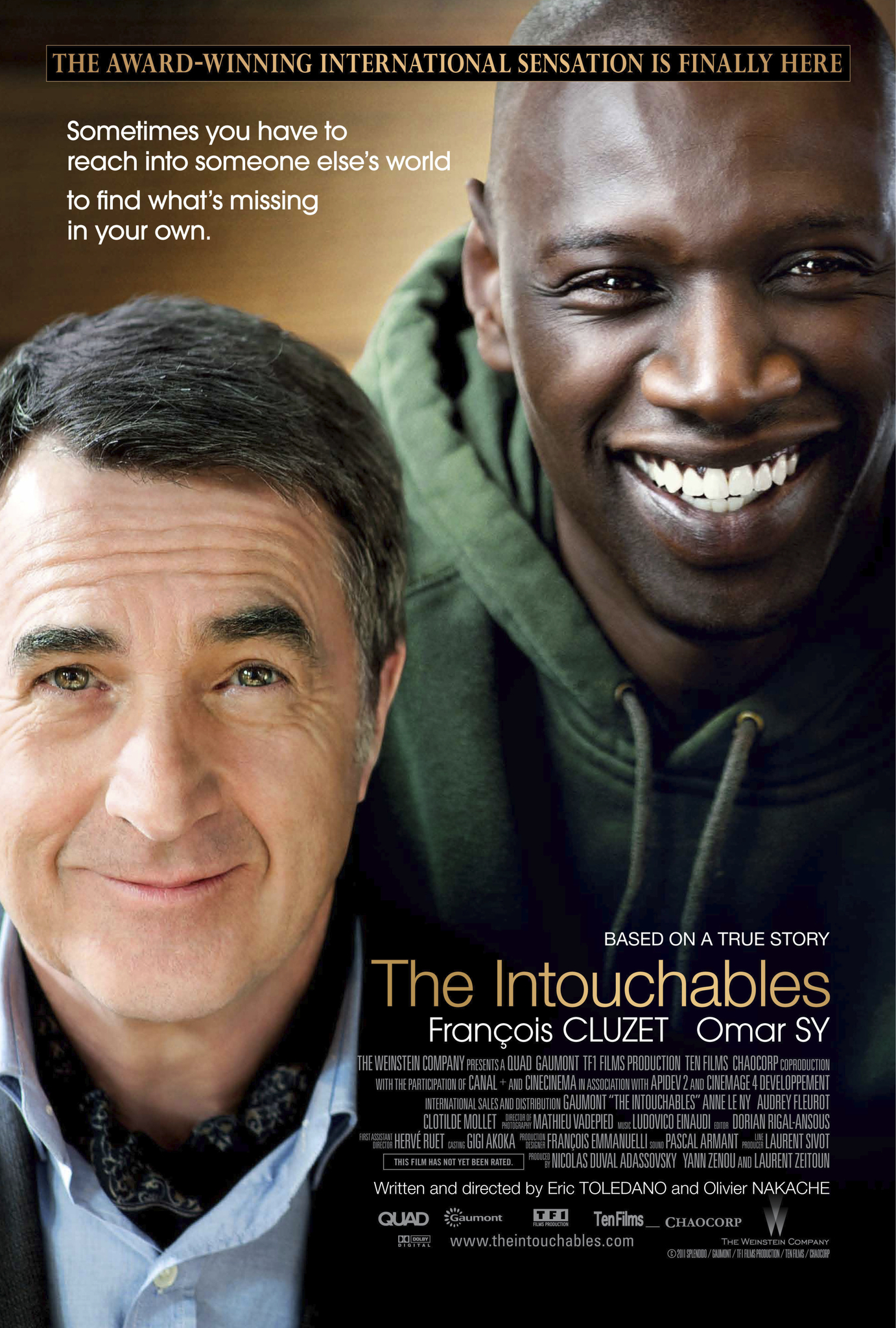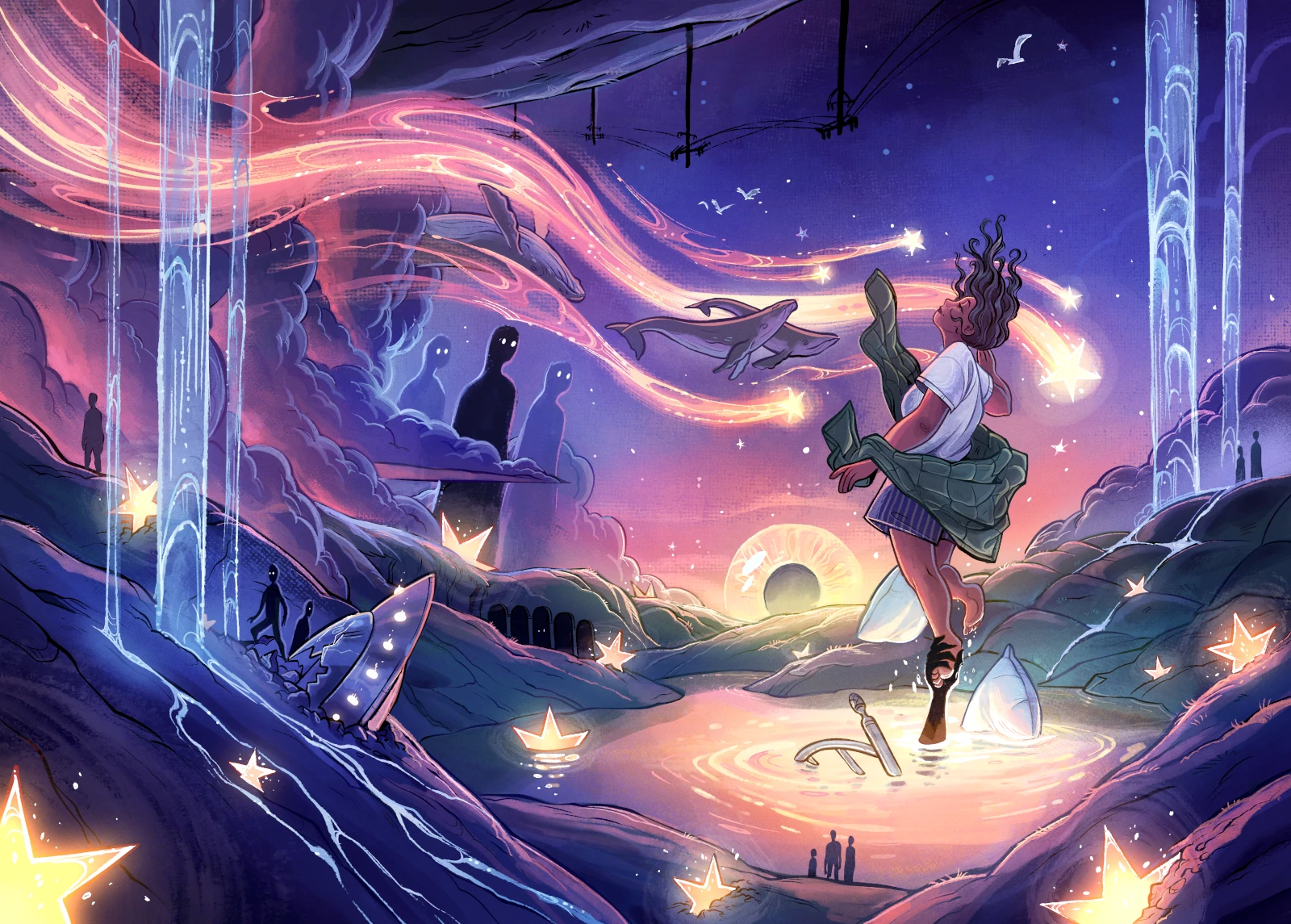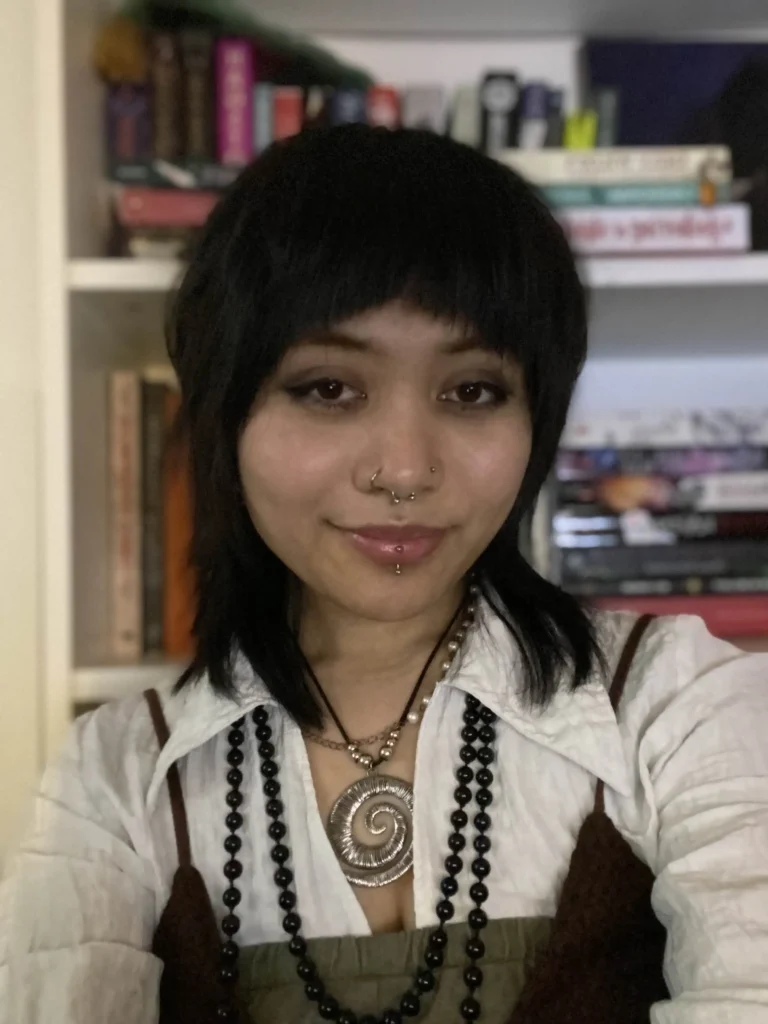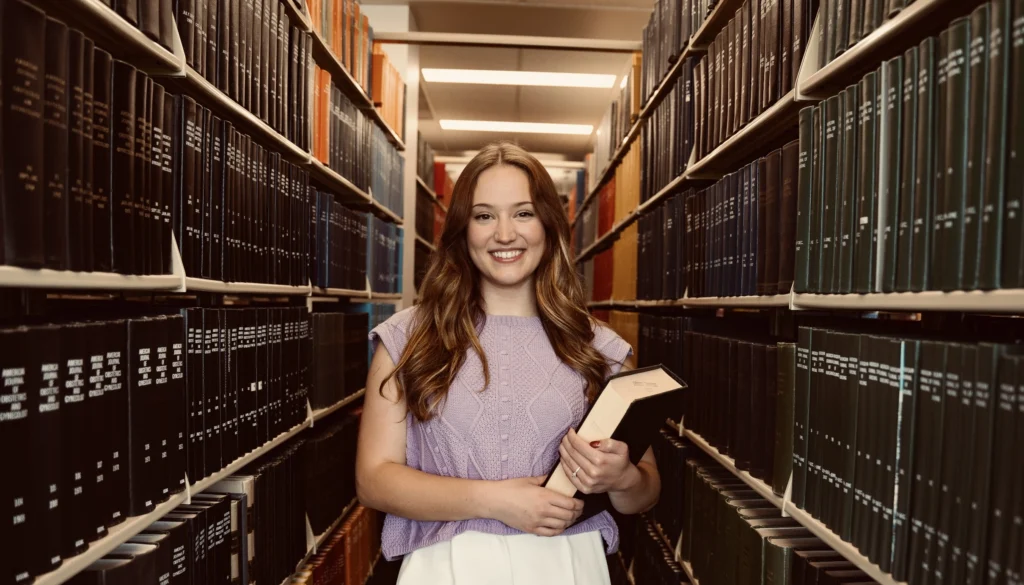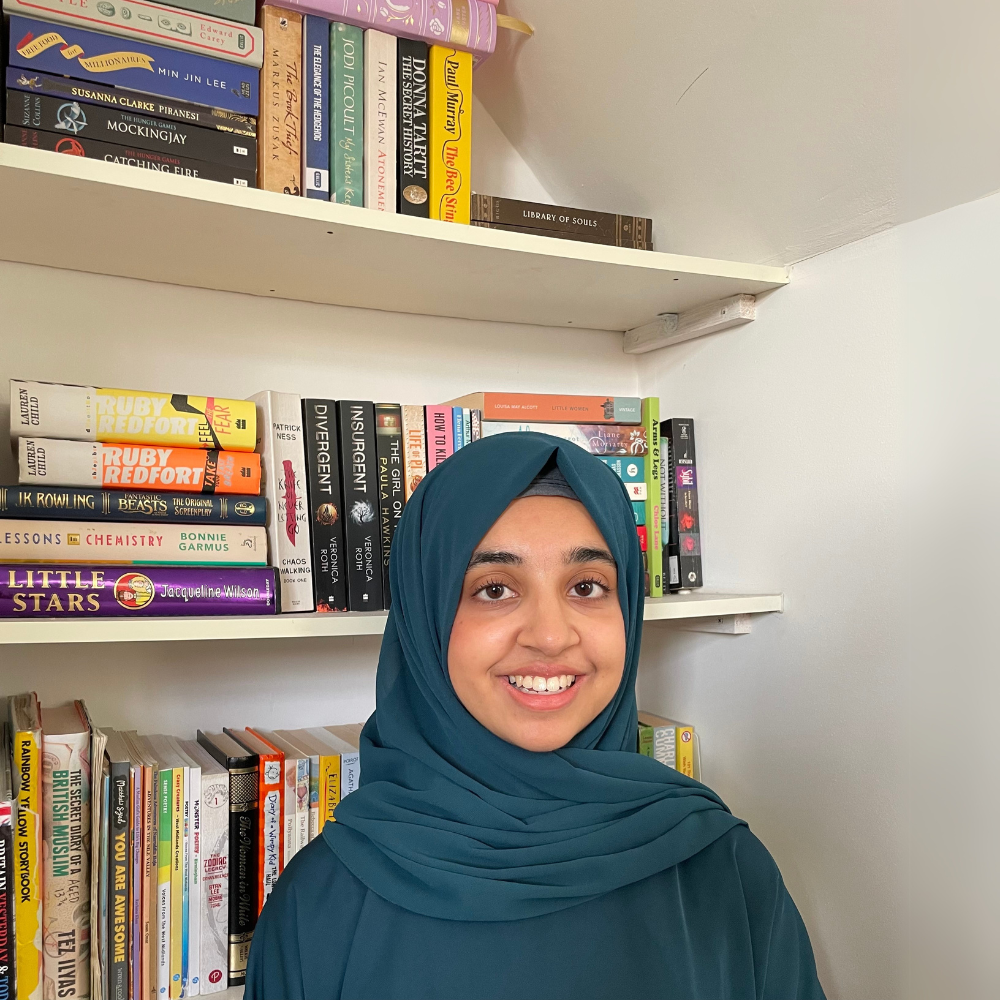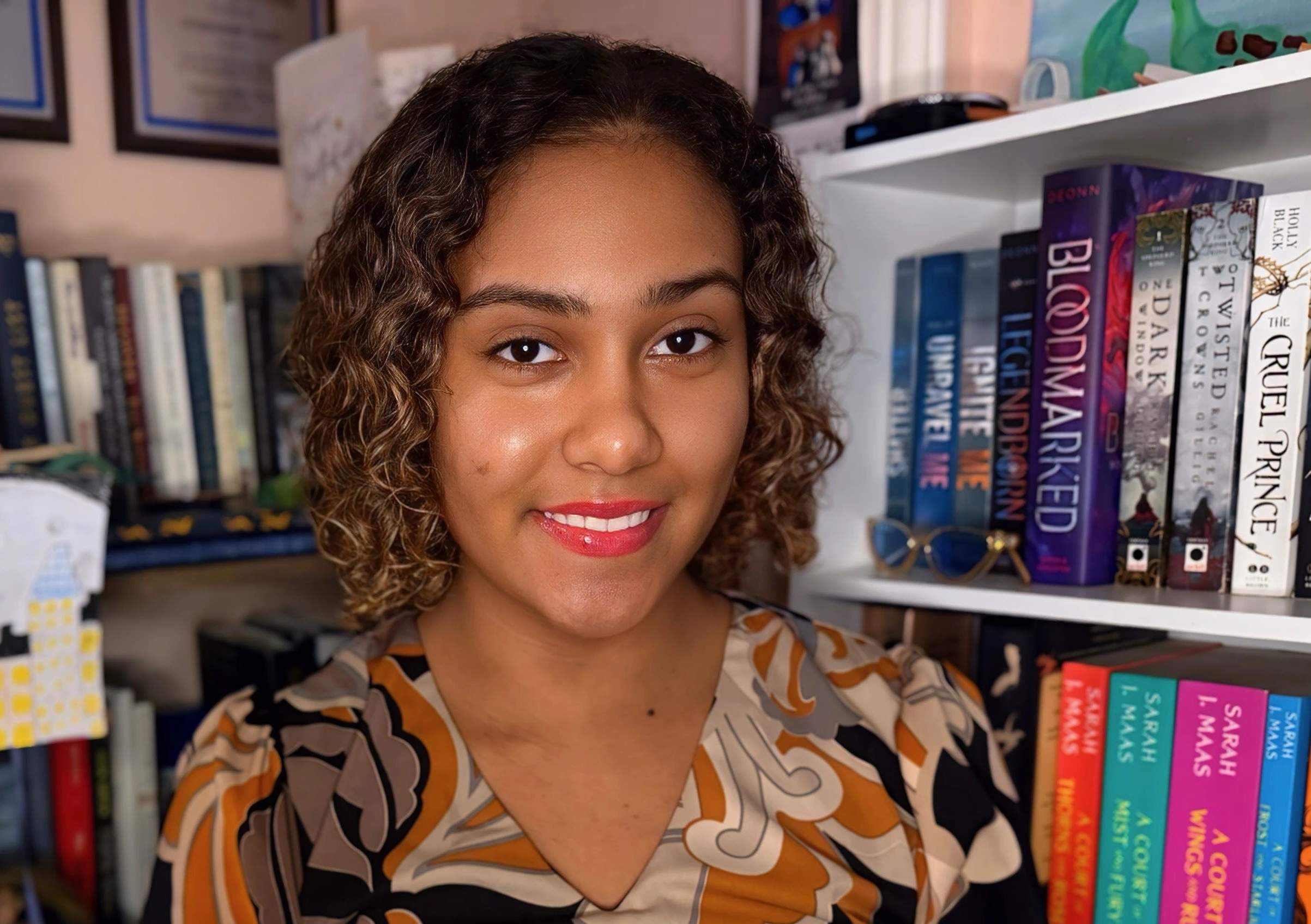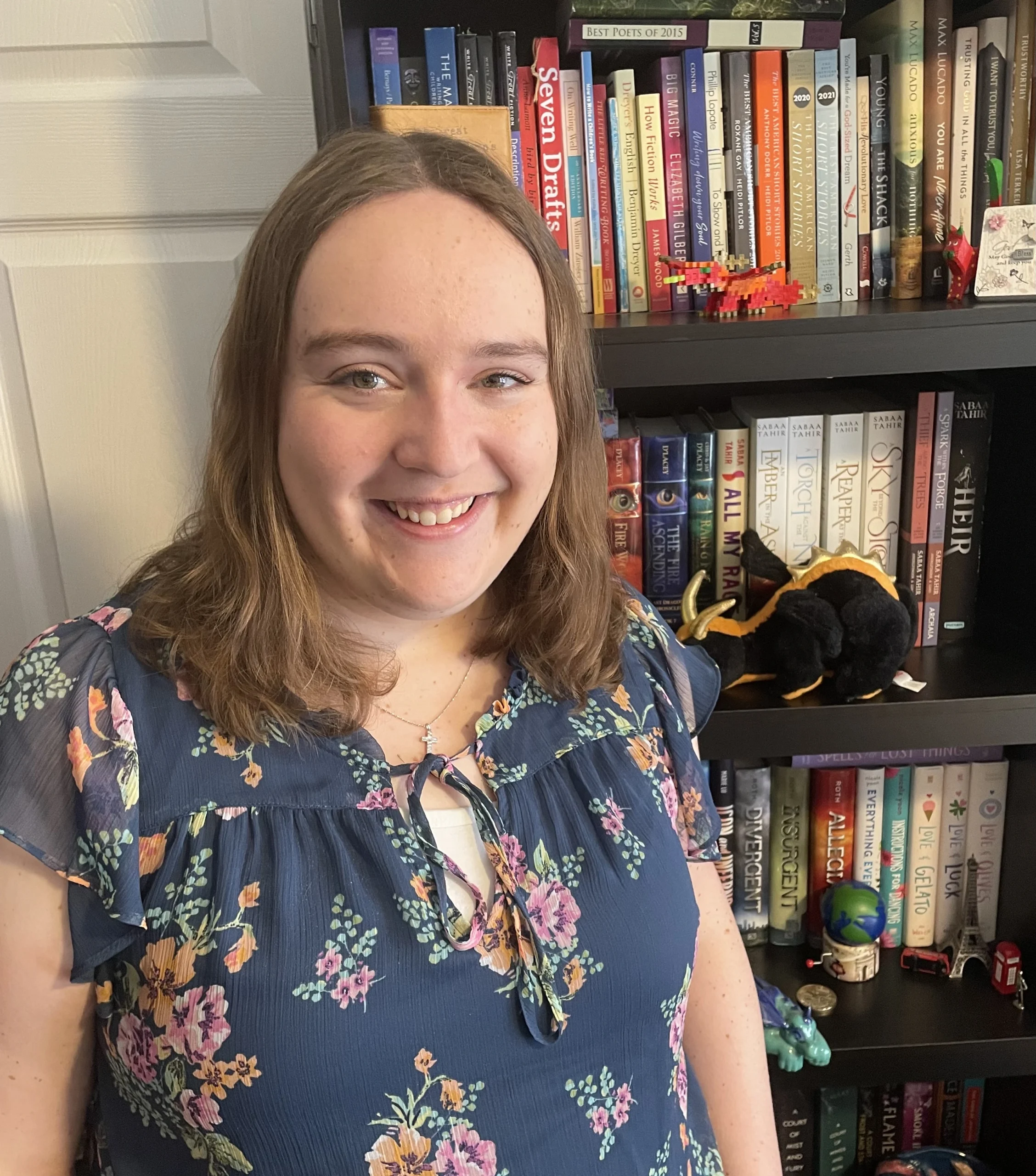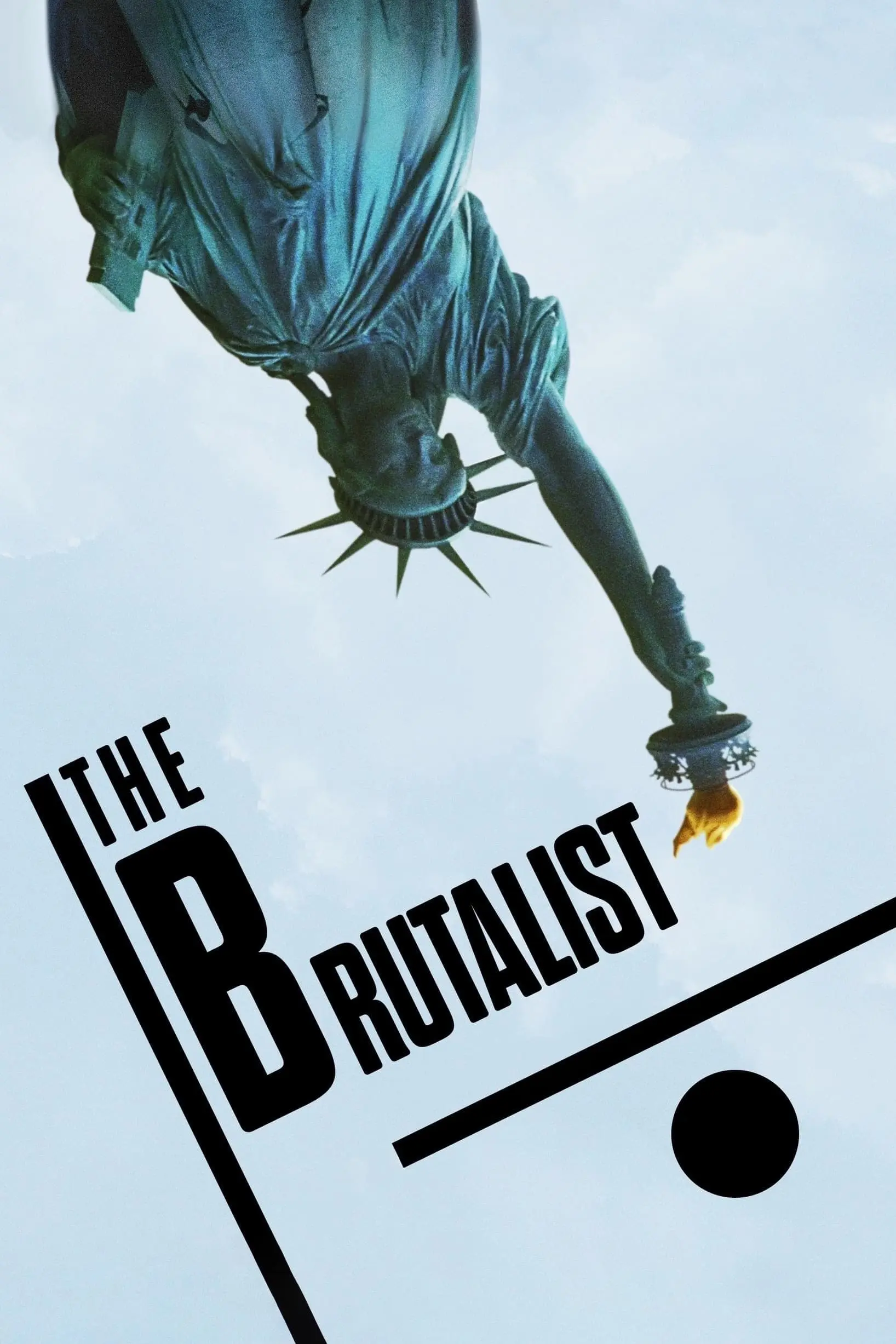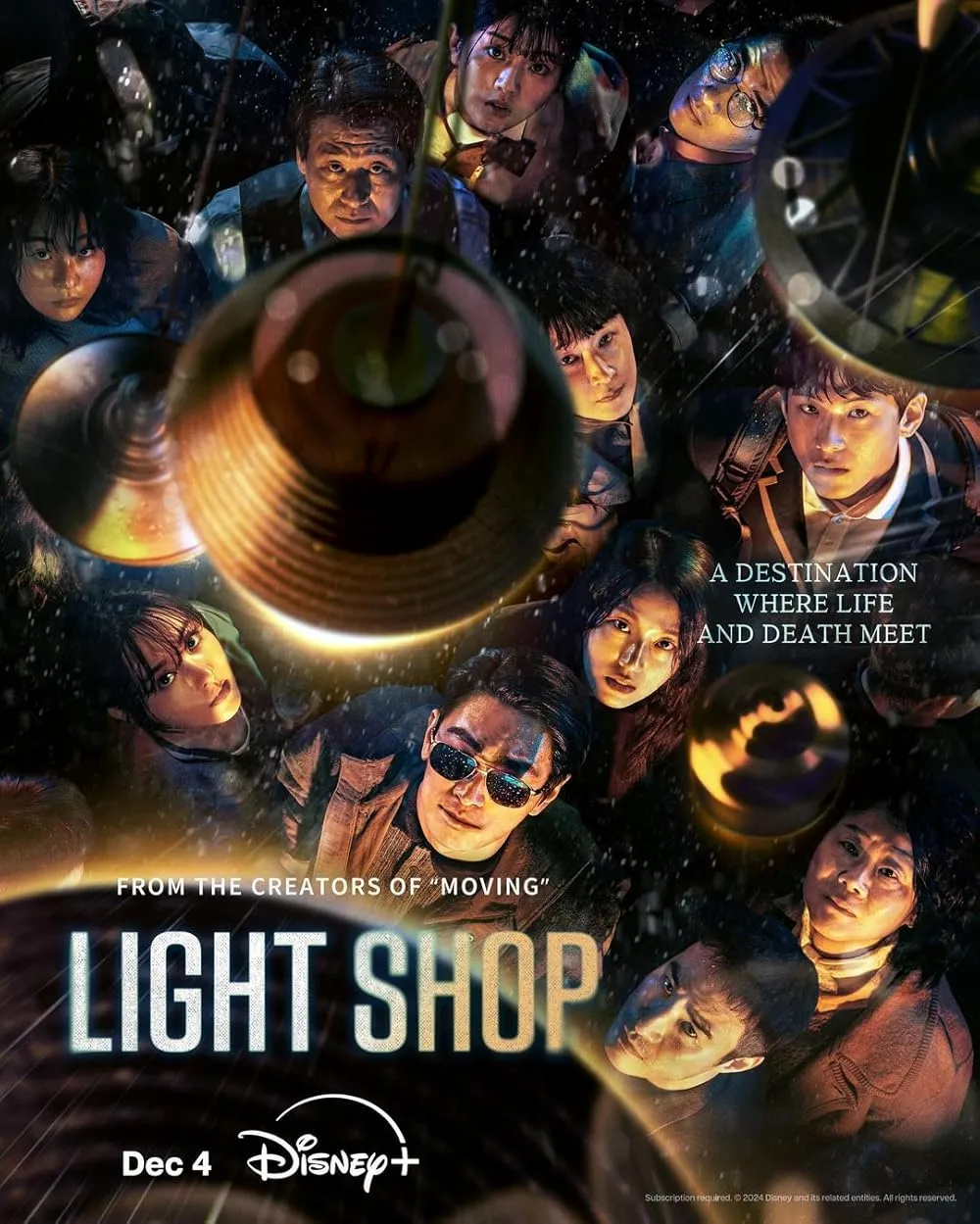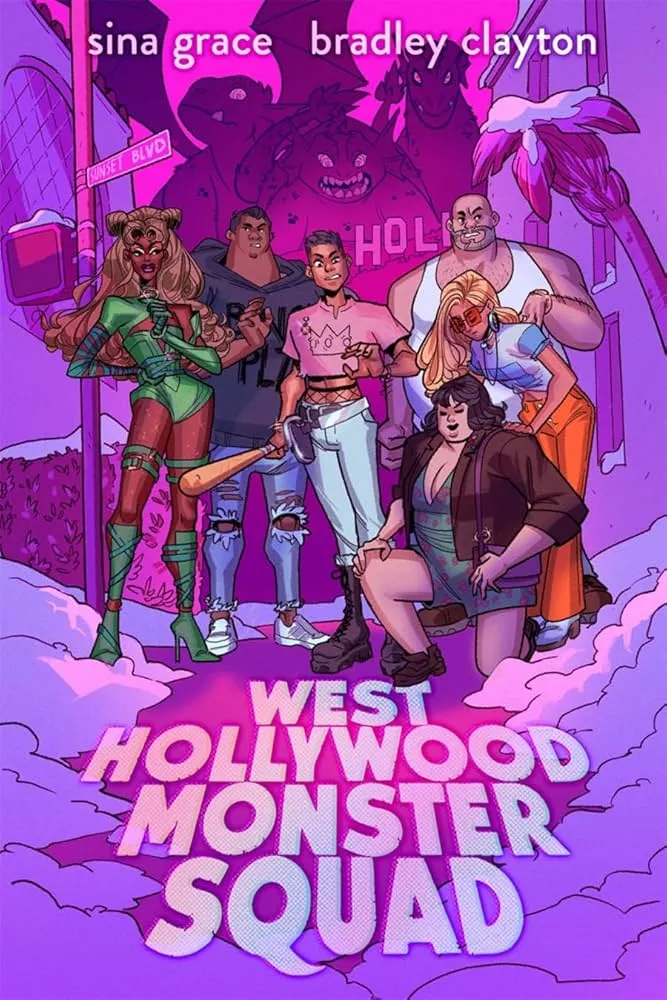It’s impossible to ignore a red flag when it trickles down your legs.
I was at a meeting in the office when I sensed the familiar stabs of a thousand tiny knives skewering my cervix. My inner thighs were sticky, and I knew I was living through a menstruating woman’s nightmare: bleeding through clothes and leaving biological imprints on boardroom chairs. The pain escalated, and my breath grew shallow as I felt the shredding of my uterine lining. I desperately tried to concentrate on the document in front of me. The staccato updates faded in the background as I focused on the only available anchor in that spinning room: my panicked inhales and exhales. This will pass, I told myself as I pretended to complete my notes while the executives shuffled out. I needed to deal with the bloody evidence still leaking underneath.
***
Some people invite you to their childhood homes, show you their memorabilia passed down through several generations, and point to faint pencil etchings on a door frame that mark the history of their growth. I can’t do that.
I grew up in the Middle East, the daughter of a Mediterranean and Eastern European pairing, and later came of age on Turtle Island, where I continue to live. My house contains no bequeathed trinkets or surviving mementoes from the many addresses I had. Instead, I carry the tales and beliefs I’ve collected along the way. They are my cultural inheritance.
***
The week-long hemorrhaging that arrived every month for the last five years, accompanied by dizzy spells, three-inch clots, and crippling abdominal pain, was nothing to worry about, said the family doctor. All women experience this; try stressing less, he suggested. Yoga perhaps, and some meditation? Longer walks will alleviate the pain.
The moon was my confidante, a constant companion on evening strolls. I diligently tracked her phases along with mine and repeatedly promised that by the time she renewed, I would feel restored—effervescent.
Months passed, and the closet and its contents shrank, along with my appetite. Despite a caloric deficit, my arms and hips inflated, and the dresses that fit comfortably weeks ago now suffocated my bloated belly. The mirrors in the house grew distorted, reflecting a shape I did not accept, so I took most of them down. I developed a habit of concealing my midsection with my hands, crossing them in front to cover the visible part of my unexplained pain, absent-mindedly tapping the area with my fingertips, and reassuring myself and the organs within that this, too, shall pass.
A sign of aging, said my doctor. Women entering their thirties experience reduced metabolic processing and rack up the pounds, paving the way for second chins and a loss of definition. This is life.
***
Where I was raised in the Middle East, the women living on my block regularly gathered in the communal garden, obscured from the roads by thick shrubbery and enclosed by sprawling grapevines. They convened at a large rectangular table, trading recipes, advice, and gossip while jointly prepping dinners before their husbands and children returned home.
Next to the main table was a small plastic kids’ table. The teen girls were given knives and peelers to help while the younger children ran around playing hide-and-seek, thieving sliced carrots and squinting from snacking on acetic grape leaves. Some evenings, a folding table was pulled out to make room for the husbands to enjoy the freshly ground and brewed coffee along with the rose water-scented desserts that had been made earlier in the day.
I tailed my mother whenever she joined the group, crawling under the women’s table to draw on the ceramic tiles with my chalk. The oilcloth above my head held the full spectrum of human emotion. Laughter, grief, excitement, worry, and pride poured over chopped parsley, diced tomatoes, and crushed garlic.
I loved the stories the women told as they rolled and stuffed cabbage and grapevine leaves, and stacked them into large pots. My little ears sponged up their facts of life, like the importance of gifting gold to girls and brides—a woman’s financial safety net that’s hidden in plain sight. Through their anecdotes, I understood that love was not blind; it sees the added pounds on a body and it leaves. You can’t get or keep a husband if you can’t keep your figure, chortled the women as they passed fresh figs around.
***
There is no yoga pose for a downward spiral.
In the wee hours, I was jolted awake by the twisting sensations in my belly and the loss of sensation in my lower extremities. The longer the numbness went on, the harder I meditated and sent prayers to entities I had no business summoning. The movement returned not long after, as I learned in time, but not fast enough to prevent fear and panic from setting in and wreaking havoc on my mind and body.
Once my composure returned, I’d pull the phone out from the nightstand and send an “I will be late this morning” email, then yank the blood-stained sheets off my bed to soak them and my hands in cold water.
Raw vegetables and most meats stopped adding nutritional value to my body, causing instead severe discomfort to my abdomen as the intestines shifted and contorted to pass what felt like knots down to my colon. But there was no relief. Neither my bowels nor my kidneys seemed to empty.
Advil became my sixth food group, with Costco-sized bottles stacked in the pantry. But what was meant to bring temporary relief brought further deterioration to my digestive tract after years of misuse. When I could no longer identify the source of the bleeding in the mornings, I called my doctor, sobbing. No, I couldn’t wait a few months to see if things improved; I wasn’t sure I could last the week.
***
The women in the garden seldom agreed on any matter, be it the suitability of thyme in a summer salad, the degree so-and-so’s child ought to pursue, the rankings of local vegetable vendors, or the performance of the current Minister of Interior Affairs. On one topic, though, there was no room for debate or alternative opinions: Children are a blessing—more than a blessing even—they are a necessary investment in one’s future.
They will be the ones to take you in when your knees weaken and your hips pop. They will fill you with their love and later of their little ones, gifting you a third act in life. Your daughters and your sons’ wives will ease your burdens. You’ll be taken care of by a village of your own making.
Of the children who were born and gone in one day, or the troubled ones who inherited prostrating illnesses, or the women whose neurosis and psychosis arrived when they pushed their babies out, they never spoke. Everything in life was a gamble, but choosing to be child-free was the riskiest one of all. It was an absurd notion: what was the legacy of those who leave nothing of themselves behind on this Earth? It reeked of ingratitude and disrespect toward those who fulfilled their natural role and were ready to pass on primeval wisdom.
***
The waiting area in the newly assigned gynecologist’s office was unlike any other I’d encountered. Next to the 3D models of the female reproductive system were jewelry stands with silver bangles and folded textiles, their price tags neatly dangling.
The consultation was brief; no examination or pap smear. She reviewed the data on my period tracking app that went back five years and suggested that I try a gluten/sugar/dairy/alcohol-free diet while ingesting herbal supplements prescribed through her exclusive vendor. Every month, four hundred dollars left my bank account in exchange for bottles of evening primrose, ginger root extract, and Diindolylmethane (DIM)—a supplement claiming to support estrogen regulation. After several months of faithful adherence to the regime, my skin was glowing, and I was half a pound lighter. But the monthly carnage persisted as the heavy bleeding remained unchanged and was accompanied by the piercing cervical pain that preceded the passing of sizable clots.
***
Traditional remedies were exchanged at the garden table to prevent and cure common illnesses. Wild thyme and sage, collected in the fields and dried, were miracle cures for most ailments. Pigeon foot was for men’s health, and raspberry leaves or fenugreek were for women.
Lingering sickness was a sign of personal weakness, a choice, and its evidence walked around the neighborhood. The man with the brown car got rid of his diabetes by eating salmon and rice for a year. The hapless engineering student lost fifty pounds in her second year of university and promptly received an offer of marriage. The butcher’s father walked home from the hospital after his heart attack and returned to work the next day. The secret of health, so said these supermen and women, was mind over matter. Control your thoughts, and your body will follow and become impervious.
***
Relief came with the onset of the pandemic and remote work. I was no longer worried about excessive bleeding in public or the possibility of fainting on the bus. My coping tools were close at hand: heating pads, the medicine cabinet, and the floor for the days when curling into the fetal position was necessary. The world was fearful, masked, and hidden behind Plexiglas partitions. A time when social distancing meant keeping a moose’s length between each other. As we swapped in-person gatherings for virtual contact and doom-scrolling, I, too, spent evenings snacking on comedy shorts and serving up “stay home” and “clap for healthcare heroes” messages. Between memes and funny dog clips, I happened upon a video by Amy Schumer describing an upcoming surgery to help with an illness. I felt my throat tightening as she listed the symptoms she’d been experiencing. I had to remember to inhale as I heard an itemized checklist of my afflictions. I recognized every single marker described and knew its address in my body.
“Hello, I think I have something called endometriosis. I googled the specialists in town who list that word on their site. Can you please help me get a consultation with one of them? Just send the referral. Please just do it.”
The voicemail I left my doctor led to a consultation with a new gynecologist four months later.
***
My all-girls school was across town and a world away from the conversations in the communal garden. An impenetrable, fenced-off fortress with a significant international student body, it prided itself on raising independent, spirited, and remarkable women. The charismatic principal, fully embodying those traits, used to drop in unannounced on our study groups, frequently reminding us that a good education opens many doors for us. “Be the wife of a CEO, be the CEO, or be both of those things at once. All of those choices are valid so long as they are yours,” she’d repeat.
***
The new gynecologist’s office was covered floor to ceiling with photos of him clutching freshly delivered newborns atop thank-you cards flashing words like miracle, dream, and complete. A figure entered, sizing me up yet hardly making eye contact. He gestured towards the examination table as he pointed to my arms, midsection, and the sides of my hips, “This looks like endo.” He left without explanation, returning a few minutes later with a nurse to assist him in collecting a pap smear. As my feet hesitated towards the stirrups, he told me he was also performing a biopsy. “I don’t like to tell people in advance so they don’t worry.”
My white linen dress was already pulled up and crumpled at my waist, and the cold speculum was inserted. I stared at the pictures of ethereal landscapes that were crookedly taped onto the ceiling, like a screensaver meant to distract you from the agony as chunks are carved out of you with no anesthetic. “It’s OK to scream,” said the nurse as I felt the second deeper, harrowing extraction. My eyes welled up, and I audibly cursed, but I had no energy left to scream. I’d spent the last decade muffling the cries of my viscera.
The nurse took me to a smaller room to clean up the aftermath of the unexpected procedure. She offered what she imagined to be a hopeful tidbit: Endometriosis can disappear after childbirth.
I stumbled out of the clinic in a daze, legs apart, avoiding the trauma site and waddling penguin-like to my car. Holy shit. Was endometriosis my fault? Did I do this to myself? Was it retribution from an unemployed and unfulfilled uterus?
I slumped over the steering wheel to collect myself and noticed a parking ticket on the windshield—a $90 fine for the nineteen minutes that exceeded the allotted time.
A polyp was removed during that visit, I learned later.
***
One summer during the school break, while visiting my grandparents in Russia, I joined my grandmother on an outing to the textile market. We took the trolley bus to the central station in town and had to wait for the connecting bus to cover the rest of the way. She went to buy the tickets while I leafed through a magazine. A flash of orange flickered across the glossy pages, and then a dark-skinned hand lifted my elbow and traced an imaginary line all the way down to my palm. The hem of the papaya-hued skirt was threaded with gold and mopped the station’s floors. “You, my girl, will have a life of adventure. Across waters,” said the woman with the black eyes. “You won’t have children. You will be a force, standing before crowds and commanding.”
A moment later, my grandmother’s arm, recognizable by the constellation of age spots, shot across to slap the woman’s hands away. A crowd looked on as my grandmother charged at the fortune teller in the way that only Eastern European grannies do, purse tucked under the arm, shuffling brown leather shoes beneath, and an index finger en guarde. “Charlatan! I’m not paying you a single penny to lift your curse.” I stood embarrassed, as any eleven-year-old would be, and watched as the woman vanished into thin air.
***
The torment that plagued me for a decade now had a name: endometriosis. Diagnosis spelled relief for my mental health, the equivalent of sitting down for the first time after a long day of standing. I felt validated; my concerns were justified. Now, I needed to know why I had it.
“It may be genetics,” said the doctor. “It could be hormonal; things misfire. Some girls get it from their first period, and others get it later all of a sudden. Sometimes, you’re just dealt a bad card. Accept it.”
I wanted to tell him that I had accepted the prevalence of the regular physical anguish I had experienced for years. But what of the repeated embarrassment I felt when I abruptly left social gatherings as menstrual havoc arrived ahead of schedule, mimicking stomach flu? What about the good men I pushed away to avoid the intense pressure and soreness that accompanied sexual intercourse? Did acceptance mean quietly crying in the shower as fistfuls of golden hair fell towards the drain?
***
“Be nice to the childless woman,” growled my father back home. “She came by to give you and your sister sweets and wish you a happy new year.”
The childless woman was a relative and the town’s walking Greek tragedy. A known beauty in her youth, she was respectably married but never had any children. Her frown lines told of longing and a lack of belonging. She was one of the rare ones who didn’t have tiny helpers trailing her to the grocers, carrying the bags home. She cooked for two. Her clothes were finer, but you knew she’d happily unravel every last thread to shod a babe of her own.
She carried candy in her dress pockets and a purse full of medications for her heart, anxiety, sugar, and other ailments. She pulled us aside at social gatherings to ask if our teachers were friendly or the neighborhood kids played nice. Upon hearing of our good grades, she left us cards with money inside. As we devolved into restless teenagers, her questions became intrusive and annoying, and the candy tasted sickeningly sweet.
Sometimes, her face was puffed, and her eyes were bloodshot. I knew she’d been crying. I didn’t know much else about her. I heard the women at the table talk about her with tenderness and pity. What a shame, such a nice woman, with more education than her frightful husband—a figure so disliked you couldn’t pay anyone to throw a kind word his way.
A while ago, I learned that she had died not long after her sexagenarian husband left to take a much younger bride. He never had any children; it turned out the problem was him.
***
When my old family doctor retired, I was automatically enrolled under the care of his replacement. I hoped the young new doctor would help me navigate the complexities of this disease. I wanted to know which organs had endometrial tissue attached to them, habitually ripping healthy cells out and forcing the creation of lesions that never entirely heal. I wanted to see the impact of this whole-body disease on my immune system. But the requests for tests that identify hormone and blood abnormalities were declined. The system, she told me, isn’t designed to indulge everyone’s self-diagnosed niggles.
On the advice of a friend, I approached the doctor from a new angle: I’d like to have a baby before my birthing days are over. It felt surreal to say that, and I was sure she could spot the fiction. My fabricated partner was one of the most despicable characters I’ve conjured up, threatening to walk if procreation was off the table.
To be heard, it seems, all I had to do was morph into a woman who wanted what they expected me to want.
The story worked. My performative tears flipped a switch in the doctor, who now adopted a novel, compassionate tone. She blasted the necessary requisition forms for blood work, regular ultrasound appointments, and a fertility assessment. With the prevalence of infertility and frequent miscarriages among endometriosis sufferers (an estimated 10 per cent of all women), difficulty in conceiving was to be expected. But I never went ahead with the examination offered by the fertility clinic; I refused to waste their time and take away valuable slots from truly hopeful women. Besides, I already knew the answer.
***
One building over from ours lived a flight attendant—a stewardess, as was the term then. She was the cool single aunt, gifting her nieces and nephews exotic goods from the magical land of the duty-free. Her bookshelf resembled a souvenir stand: A glass pyramid of Giza here, a paper dragon from Shanghai there, and a snow globe housing a miniature Sydney Opera House just below. The walls were a museum showcasing her adventures. In one frame, she was atop a camel shuffling towards the dunes; in another, she plucked out the Eiffel Tower; and there she was again, squeezing between her fingers the sun over the Pacific Ocean.
I saw her some mornings when I left for school. She’d hail a taxi across the street, hurriedly wheeling her airline-issued carry-on. She proudly wore her spotless uniform, taming frizzy hair into a perfectly knotted chignon. Her signature carmine lipstick was applied with precision. Her confident and carefree mannerisms were striking.
I couldn’t say whether it was envy or admiration that kept her name on the lips of the neighborhood women. The roasting took place as soon as her silver Fiat left the garage. “She has to find someone soon. She’s nearly thirty-four and could end up alone. She needs to put those French cosmetics and short skirts to use,” vocalized the choir of misplaced anxieties. Her recent promotion to the First-Class cabin and her fluency in several languages were of no interest to them.
On my last visit to the neighborhood, I learned that she’d finally married at thirty-nine. Her husband was a divorced pilot with two children. They had none together and lived in an apartment close to the airport. She’d left her job, and no one knew what she was up to anymore.
***
You make all sorts of deals with devils and deities when you’re lying on your side, writhing in pain and growing shallower in breath. See me through this, you say, and I promise never to take a day for granted.
I heard the ambulance outside but couldn’t tell how long it took since I choked out a “please help” to the 9-1-1 operator. The first responders administered morphine between the questions, conferred, and deemed the urgency warranted. I was wheeled from one bay to another. No, not the kidneys. No, not the appendix. But yes, a few specialists agreed, an “abdominal event” had occurred.
In the early hours of the morning, the attending gynecologist informed me that a large cyst had ruptured on my right ovary, likely twisting it out of place. A sympathetic nurse shared that ruptures like these rival childbirth in pain. I thought of all the evidence I’ve birthed over a decade that went unseen, unexamined, unbelieved.
***
My grandmother was and remains my biggest champion. Nothing was beyond her granddaughter’s grasp, she boasted to her card-playing chums. When their expected rebuttal brought on questions about my procreation plans, she shrugged them off with a logical argument: who in their right mind trades a respectable position to bring children into a world on fire?
Privately, she’d ask me if our water was safe to drink or if the men we chose were of sound mind, because she couldn’t understand why none of her granddaughters who lived abroad had children. “Is there no part of you that feels sad whenever you spend time with your cousins’ babies?” she once asked. I pointed to the window in the general direction of town. “If I ever want a child, I’ll get one from the orphanage. God knows those kids are the only ones who’ve truly known sorrow. Besides, with the way dating is these days, I’m just one mistake away from parenthood.” She clicked her tongue and swatted my pointing finger away, calling me a pest.
***
I had another ultrasound scheduled after the rupture of a new cyst. My lower belly protruded as I walked into the gynecology clinic, perversely mimicking the carry of an early pregnancy. I called these appointments reverse ultrasounds; I wanted a hollow, clear, and empty womb.
I grew to despise the sight of the brown foyer, the vinyl-lined staircase, and the clinic’s orchid-colored rooms. I wanted to tell the gynecologist to replace one of his baby accomplishment walls with pictures of women going about their days and profoundly enjoying their lives. Be the mother, don’t be the mother, be a different kind of mother, or don’t be associated with that word at all. I wanted to read thank-you cards from endometriosis patients who were heard, diagnosed, and treated. What were their miracles and dreams? Do they feel complete without the arresting pain, having relegated this whole-body disease to the past?
Or I could offer him my own time capsule as an embellishment to adorn a door or two: here are the parking stubs from all my appointments over these many years trying to prove that I was suffering, bleeding out, and decaying in every way.
***
Women are taught to hide their naturally occurring biological “shame” and mask their pain; their bodies are understudied, and their ailments are hastily dismissed. This surely has to be some sort of prolonged punishment for Eve’s alleged shoplifting.
***
“You’re forty. You’ve already made your choice. We’re going to operate to decrease the hemorrhaging. But you understand, no children.”
Looking around at the gynecologist’s scrapbookish office decor and the hundreds of pink babies wrapped in newborn hospital blankets, I thought about choice. The choice. My choice.
I chose to think of myself as an actualized person with no obligation to fulfil a biological imperative. I chose to explore the world, create art, make mistakes, and cram three careers into a decade. I chose to support my family when our circumstances drastically changed in my teen years. I chose to be the primary breadwinner and a parent to my young sister. I only exhaled when she was well-employed and married, and my mother was retired and travelling. I chose to be ambivalent about motherhood because I have raised a family, albeit in reverse. I chose partners for whom fatherhood was not a priority. All these years, I believed I had sovereignty over my body and the right to exercise my reproductive choices.
But sitting between the posters of the exceedingly cheerful Winnie-the-Pooh and a chart illustrating the stages of embryonic development, I saw that I ceased to have a choice the day I hit puberty. Whether hiding from the male gaze, physically defending myself from unwanted sexual advances, or seeking medical help at the onset of endometriosis, my choices centered on protecting myself and preserving my life from what men wanted me to want.
I understood that my reproductive choices were significantly reduced once my deteriorating symptoms were declared normal and when my fluctuating BMI was used to dismiss most health concerns. And I understood that my request—to this very man sitting before me—for a more serious surgical intervention, a hysterectomy that would have stopped the progression of the disease, was denied because I might change my mind about childbearing.
I signed the release forms for the surgery—a hysteroscopic polypectomy and myomectomy, D&C, and endometrial ablation—and left. I wonder if the traffic camera clocked my tears along with my offending speed.
***
On hot summer days, when I pour olive oil over crushed basil leaves and slices of feta or deseed a pomegranate to sprinkle atop mint rice, I think of the women in the garden and hope the table is still there. Do they tell the story of the family that once lived on the top floor and what became of the two little girls they nurtured, fed, and loved as their own?
I recently found a couple of the women on Facebook. Though I rarely message, I feel profound joy when my feed shows a photo of them smiling, surrounded by the happy faces of the villages they’ve created.
***
Tea biscuits are the only memory I have from the surgery. Once the anesthetic mask was on, time stopped, and then leapt to the moment when I heard a voice asking me to keep breathing. I opened my eyes to a nurse cleaning the blood between my legs and off my thighs with a warm cloth. She offered me biscuits to break the 20-hour fast. I was delirious, weightless, suspended in the air by the lingering sedatives. “WOW! BISCUITS!” I screeched, and laughter echoed from the recovery ward. An hour later, I was sent home with a lacerated uterus, morphine pills, a Naloxone kit, and a bagful of biscuits.
The bleeding improved after the surgery, but the sharp pains persisted. Each stabbing sensation was a betrayal. The heating pads I stashed in the linen closet resurfaced. The gynecologist prescribed progestin to alleviate the cramps. An MRI later revealed the presence of endometriomas, ovarian cysts that are indicative of an advanced stage of the disease. Their location was already known to me; the throbbing pangs alerted me to their presence. When I thought of the unpredictability of their rupturing, my health anxiety shot up. I began to map the proximity of hospitals to my intended destinations before leaving the house. I increased the number of therapy sessions to stop the paranoia from progressing.
Once the recovery period was over, I flew to the South of France for a change in scenery and a chance to process the last few years in solitude. On my way to the airport to fly home, the taxi driver and I bantered about my recent excursions, the state of the global economy, his favorite parts of Paris, and the accomplishments of his many children. The subject inevitably changed to my childless existence and the love and joy that was surely missing from my life. Looking at the Virgin Mary statue bolted to his dashboard, I gave up on pleasantries and told him that I never wanted to have any, and should I wish to now, I couldn’t. I’d hoped the silent remainder of the trip meant the intrusion was over. As we arrived at the departures terminal, he unloaded my carry-on and handed over my sun hat, which had freed itself and travelled to the depths of the trunk. “Miracles do happen, madame. Don’t give up.”
